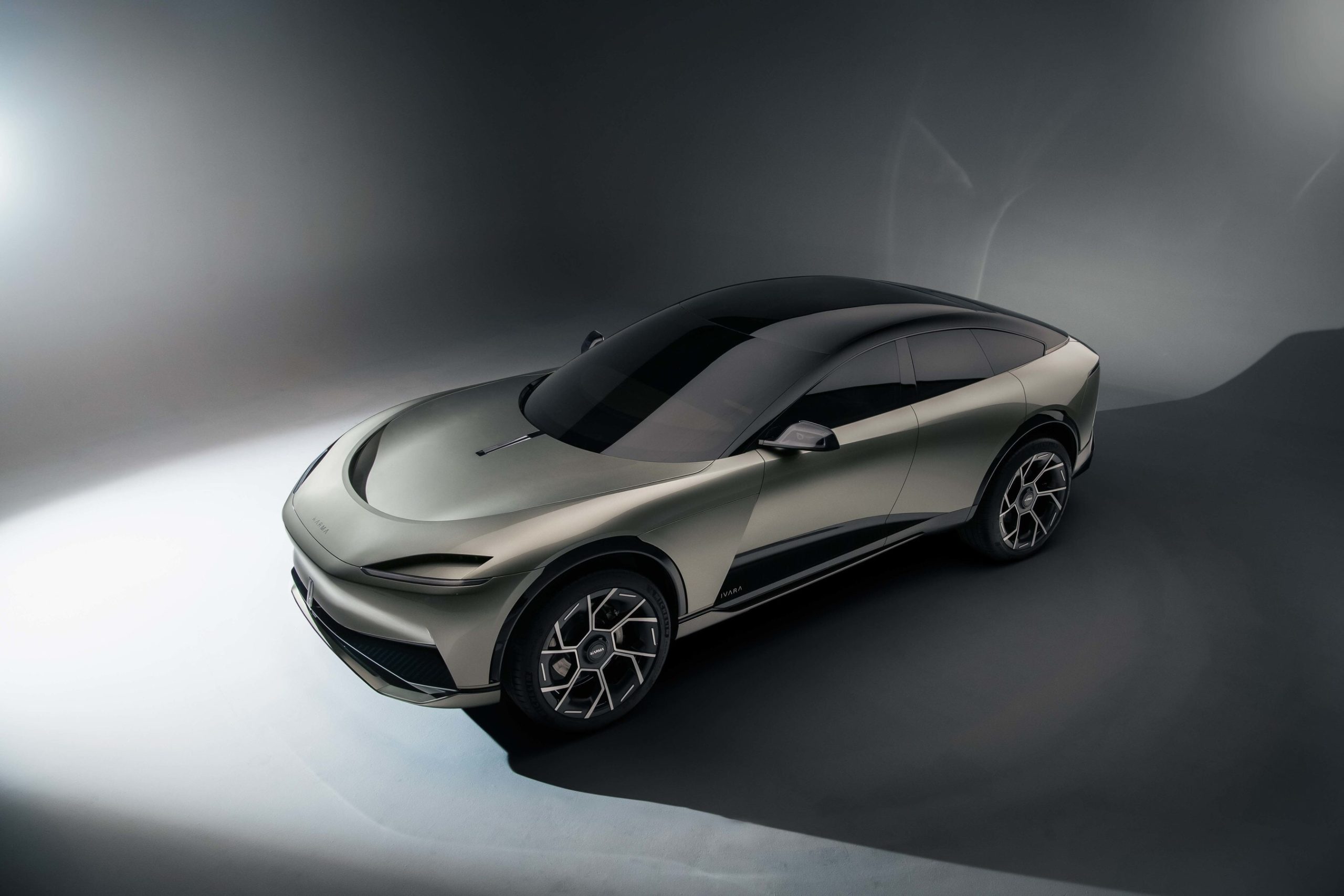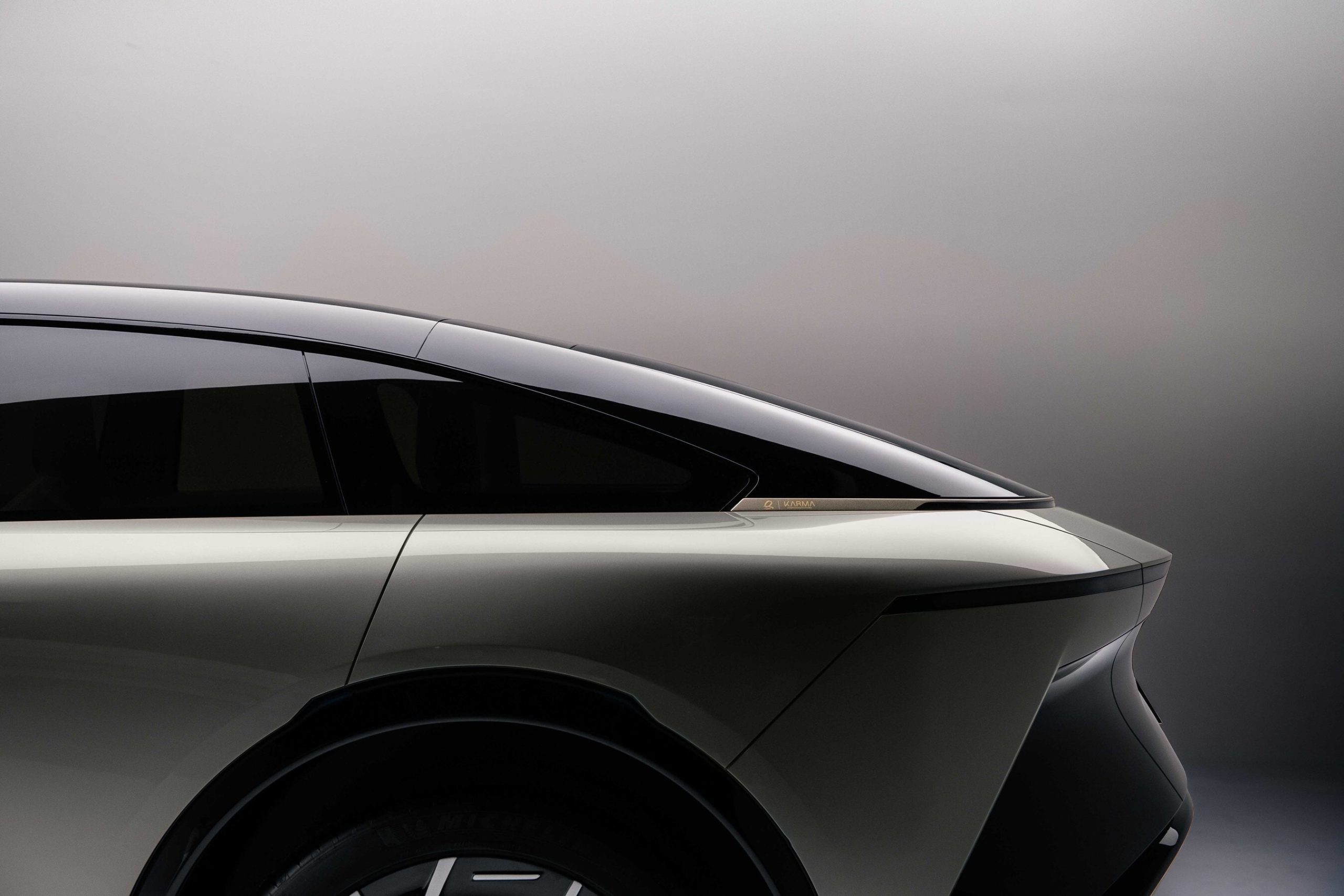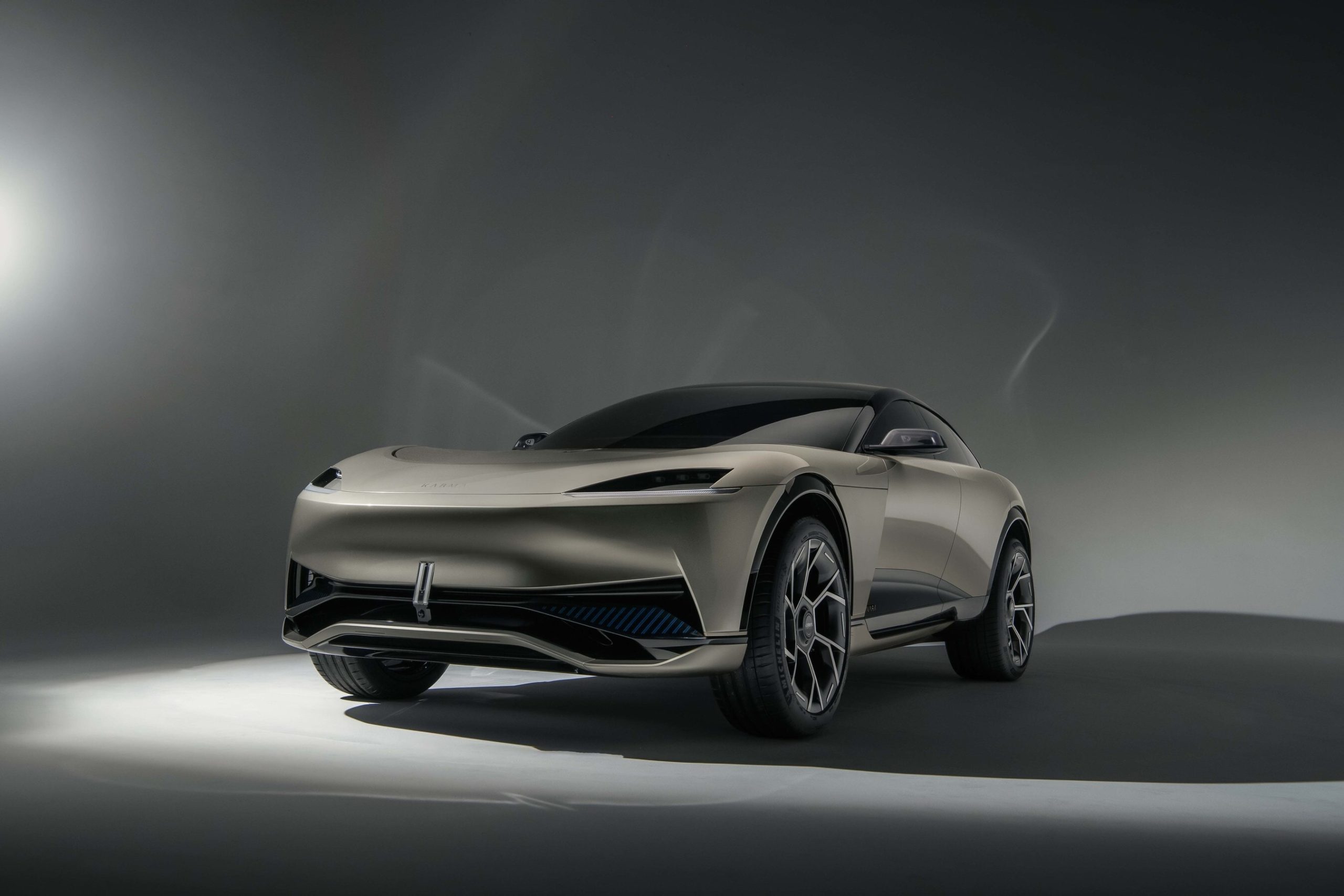Henrik Fisker, a Danish automotive designer renowned for his ambitious entrepreneurial ventures, has a history of failed attempts to establish successful car companies. Despite his impressive design credentials, his ventures have consistently faced challenges and ultimately fallen short.
Fisker’s early career saw him working for BMW, where he designed iconic models like the Z8 and the original X5. He later moved to Ford to lead the design of Aston Martin, contributing to the DB9 and V8 Vantage. His talent also extended to Tesla, where he played a key role in shaping the initial design of the Model S.

However, Fisker’s true passion lay in launching his automotive ventures. He co-founded Fisker Coachbuild in 2005 and later formed Fisker Automotive with Quantum Technologies in 2007. The Karma, their flagship electric vehicle, gained attention but faced financial challenges and production setbacks.
Despite these failures, Fisker continued to pursue his entrepreneurial dreams, establishing HF Design & Technology and VLF Automotive in subsequent years. In 2016, Fisker Inc. was founded, and in 2022, the Ocean all-electric SUV began production. However, the company’s journey has been marked by challenges and uncertainties.
Meanwhile, the Karma hybrid sports car, a product of Fisker Automotive, was sold to Chinese automotive parts firm Wanxiang in 2014 following the company’s bankruptcy. The brand was subsequently renamed Karma Automotive.
Karma Automotive is making a comeback with a flurry of new announcements. The struggling luxury automaker, known for its hybrid Revero models, is introducing a series of exciting new vehicles. The company revealed its upcoming Kaveya hypercar, designed to revive the brand, and showcased the Karma Gyesera, a limited-edition electric sedan aimed at competing with Tesla’s Model S.

At the 2024 Monterey Car Week, Karma announced a partnership with Intel Automotive, showcased the production-ready interior of the Kaveya, and revealed the Ivara GT-UV concept. This innovative concept car, built on a new software-defined vehicle architecture, offers four seats, Karma’s signature styling, and rugged features.
In addition, Karma revealed plans to launch the third-generation Revero, priced under $150,000, but with a limited production run of 150 units. These announcements highlight Karma’s commitment to innovation and its efforts to regain its position in the luxury automotive market.

